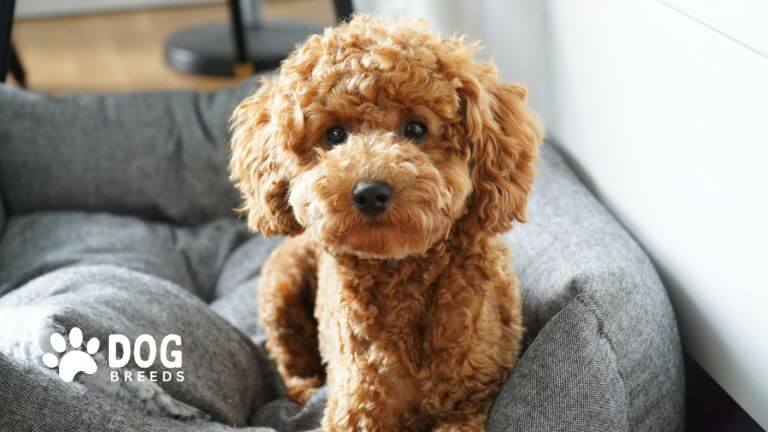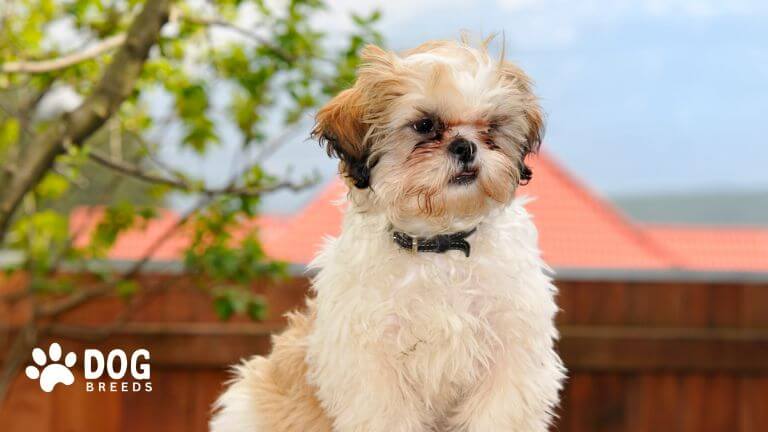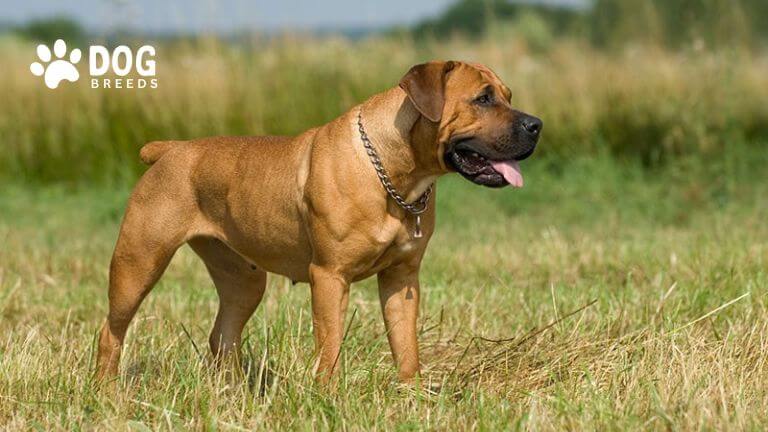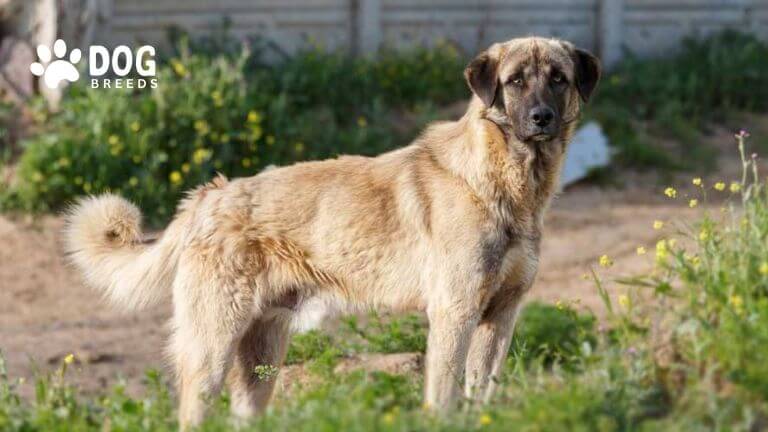Toy Poodle Dog Breed: Characteristics, Care & Training Guide
Toy Poodles are small, intelligent, and charming companions that have won the hearts of dog lovers worldwide. Known for their curly coats and lively personalities, these tiny dogs are an excellent choice for families, singles, and seniors alike. Whether you’re a first-time dog owner or a seasoned pet parent, this guide will provide everything you need to know about Toy Poodles, from their history and traits to care and training tips.
Breed History
Toy Poodles originated in Germany, where they were bred as water retrievers. Despite their German roots, they became especially popular in France, where they were pampered companions of royalty and nobility. The Toy Poodle is the smallest variety of the Poodle breed, developed by selectively breeding smaller Poodles over generations. Today, they are celebrated for their elegance, intelligence, and adaptability.
Physical Traits
Toy Poodles are compact dogs with a height of 10 inches or less and a weight ranging from 4 to 6 pounds. Their most distinctive feature is their dense, curly coat, which comes in a variety of colors, including apricot, black, white, and silver. A proud stance, long ears, and dark, expressive eyes complement their elegant appearance.
Toy Poodle Quick Facts Table:
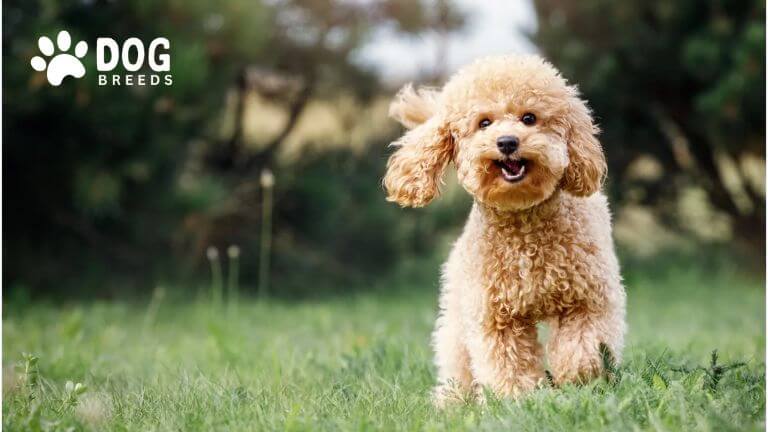
| Trait | Details |
| Height | Up to 10 inches |
| Weight | 4–6 pounds |
| Coat Type | Curly, dense |
| Lifespan | 12–15 years |
| Temperament | Intelligent, affectionate |
| Exercise Needs | Moderate |
Temperament
Toy Poodles are known for their intelligence, making them one of the easiest breeds to train. They are affectionate and thrive on human interaction, forming strong bonds with their families. Despite their small size, they are alert and energetic, making them excellent watchdogs. Toy Poodles are adaptable and do well in apartments or homes with limited space, provided they get enough exercise and mental stimulation.
Health and Lifespan
Toy Poodles typically live between 12 and 15 years. While they are generally healthy, they are prone to some health issues, including:
- Progressive Retinal Atrophy (PRA): A genetic condition that can lead to blindness.
- Patellar Luxation: A common issue where the kneecap dislocates.
- Epilepsy: Some Toy Poodles may experience seizures.
Regular veterinary check-ups, a balanced diet, and an active lifestyle can help prevent or manage these conditions.
Care Requirements
Toy Poodles require a moderate level of care to stay healthy and happy.
Grooming
Their curly coat demands regular grooming to prevent matting. Professional grooming every 4 to 6 weeks is recommended, along with weekly brushing at home.
Exercise
Toy Poodles are energetic but don’t need intense exercise. A daily walk and some playtime are usually sufficient to keep them fit.
Diet
A high-quality diet tailored to their size and age is essential. Look for dog foods rich in protein and omega-3 fatty acids to maintain a healthy coat and energy levels.
Training & Socialization
Toy Poodles are incredibly smart and eager to please, making them highly trainable. Start with basic commands and gradually introduce more advanced training. Early socialization is key to ensuring they are well-behaved around other pets and strangers. Positive reinforcement methods work best with this sensitive breed.
Interesting Facts
- Toy Poodles are hypoallergenic, making them a great choice for allergy sufferers.
- They excel in dog sports like agility and obedience trials.
- Historically, they were used as circus performers because of their intelligence and trainability.
Conclusion
Toy Poodles are a delightful blend of beauty, intelligence, and affection. Whether you’re looking for a playful family pet or a devoted companion, this breed offers endless love and companionship. With proper care and training, a Toy Poodle can be a cherished member of your family for many years.
Ready to welcome a Toy Poodle into your life? Learn more about this amazing breed and find out if they’re the perfect match for you!
FAQs
Is a Toy Poodle a Good Dog?
Yes, Toy Poodles are excellent companions. They are intelligent, affectionate, and adaptable, making them suitable for various living situations, including apartments. Their playful nature and eagerness to please make them great family pets.
Does a Toy Poodle Bark a Lot?
Toy Poodles can be vocal, often barking to alert their owners of visitors or changes in their environment. While they may not bark excessively, they do tend to vocalize, especially when they want attention or are excited.
Is a Toy Poodle a High-Maintenance Dog?
Toy Poodles require regular grooming to maintain their curly coats, which can be considered high maintenance. They need daily brushing and professional grooming every 4 to 6 weeks to prevent matting and keep their coat healthy.
How Big is a Toy Poodle Full-Grown?
Adult Toy Poodles typically stand up to 10 inches tall and weigh between 4 to 6 pounds. Their small size makes them ideal for various living situations, including apartments.
- Why Are Dalmatians Not Popular? Uncovering the Truth Behind the Rarity of This Iconic Breed - April 16, 2025
- Top 15 Chinese Dog Breeds: Discover the Best Dogs from China - April 14, 2025
- Dalmatian Dog Breed: History, Care, Personality & Health - April 3, 2025

